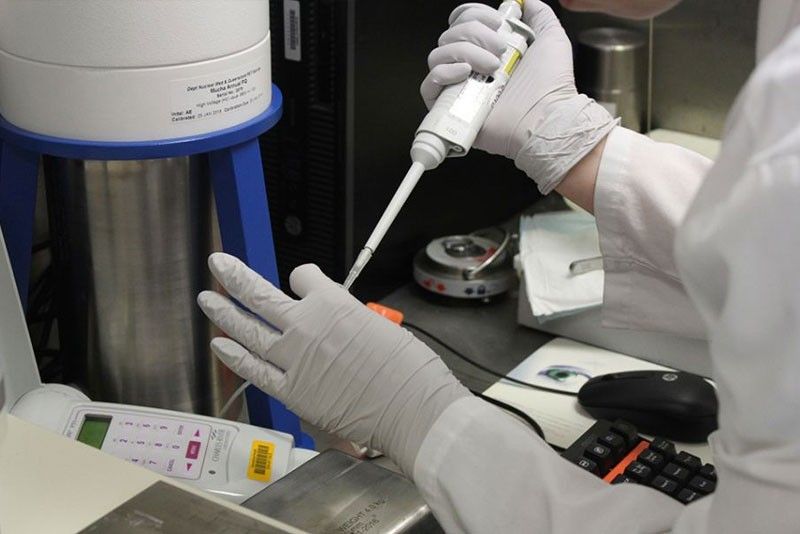DOST eyes nuclear med for early cancer detection

MANILA, Philippines — The Department of Science and Technology-Philippine Nuclear Research Institute (DOST-PNRI) wants to embark on a research and development project to increase the use of nuclear medicine for early cancer diagnosis.
PNRI executive director Carlos Arcilla said early diagnosis is crucial to bringing down cancer mortality in the Philippines, currently logging 60,000 deaths annually.
Arcilla said the DOST-PNRI aims to improve early cancer diagnosis by conducting research and development to make position emission tomography-computed tomography (PET-CT) scanning more accessible, affordable and efficient.
Arcilla said the PET-CT scan is a nuclear medicine functional imaging technique to detect cancerous tissues and cells in the body that are not detected through CT or magnetic resonance imaging (MRI).
Arcilla said the reason why Filipinos are not getting PET scan is its prohibitive cost, which also made doctors hedge in advising them to undergo the exam.
“There are only two hospitals where one can get PET scans, in Saint Luke’s and at the NKTI (National Kidney and Transplant Institute),” Arcilla said.
If the PNRI can get more PET scanners in the country and then make the procedure more efficient, Arcilla said they can bring down the cost from the average of P80,000 to P15,000.
“Maybe we can already have this covered by PhilHealth (Philippine Health Insurance Corp.),” Arcilla said.
He said that there are roughly 100,000 cancer patients in the Philippines and there could be a lot more but these are not detected.
“A significant key to reducing deaths is early diagnosis, as in most cases, patients are brought to doctors already with advanced stages that are very difficult to manage,” he said.
- Latest
- Trending































